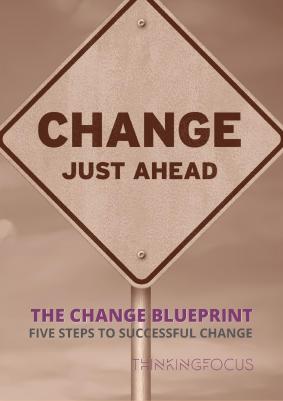In this special edition, one-hundredth episode of the podcast we explore the four key topics, Productivity, Change, Culture and Leadership to see if we can get each of them down to one piece of wisdom, well one piece each from Ricky, Rob, Rich and Paul.
Without creating any spoilers, you may have guessed that we did not get it down to one, or one per topic! However, we did come up with some real nuggets for each of the areas, so listen in for a quick grounding in how to get things done in your organisation, department or team.






